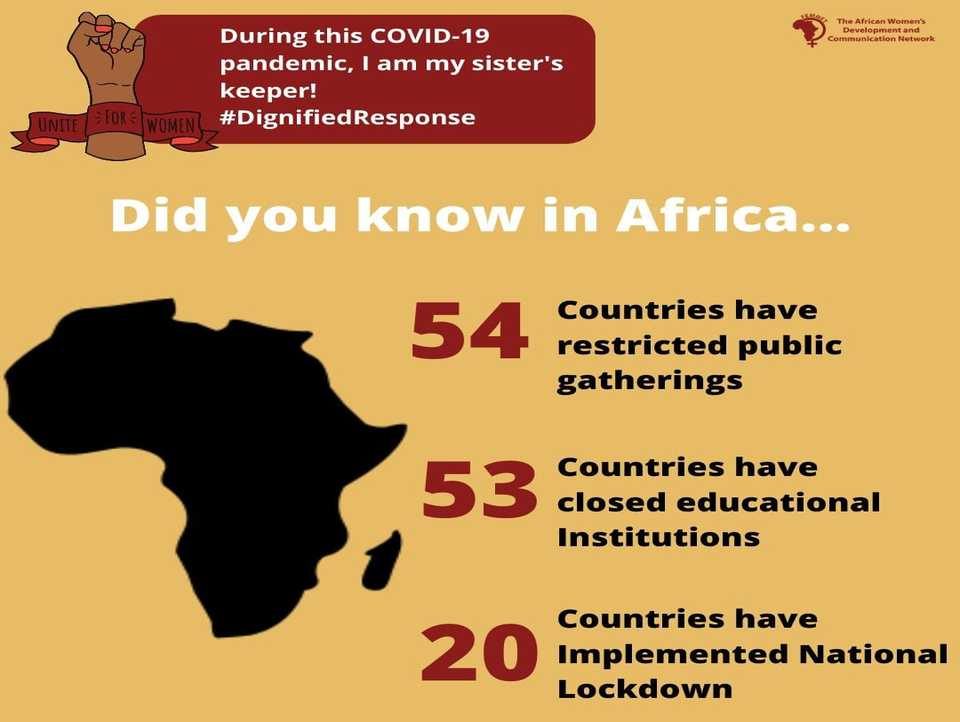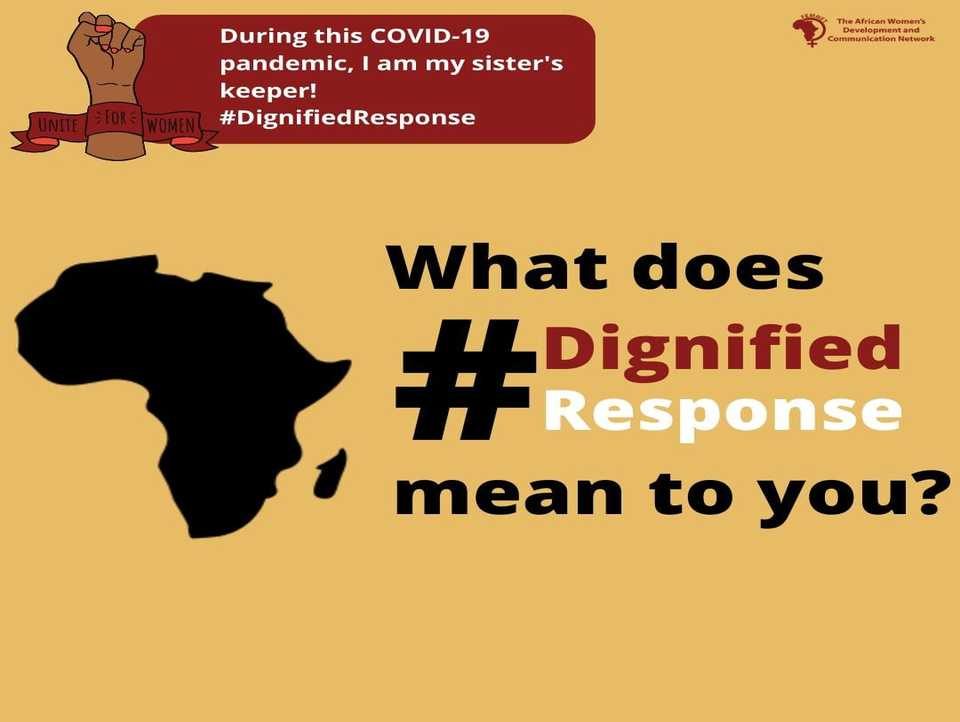COVID 19 AND THE SAFETY GAP-Urban Thinkers Campus Webinar
Much has been said much has been done and much has been practiced to keep the COVID 19 at bay. However, it is worth noting that the response has been on healthy practices and not towards safety in most households and within the city. In this regard, it has been noted that domestic violence has risen with some cases of death being reported.
Health Chief Administration Secretary, Mercy Mwangangi reportedly said the Gender Violence Recovery Centre and the National Council on Administration of Justice have seen an increase in the cases of domestic, gender-based and sexual violence perpetrated by close relatives and guardians during this pandemic.
The upsurge is caused by the rising cases of job losses, others forced to stay with abusive spouses, mental and psychological effects of the pandemic among others. In a sad case in Kibera, a man was hacked to death by his wife and dumped in a water tank after a quarrel ensued over who was to buy food for the family. There are many sad cases such as this that go unreported largely because some do not result to death, or in most cases, the women, who are the most affected, would rather deal with the situation at a family level.
The COVID 19 has brought discord in most homes and notably Kibera where poverty is a stark reality. Adherence to social distance, washing hands, wearing masks residents find it difficult to practice. It is sufficed to say that the locals here live one day at a time, for them, this is a rich man’s disease.
However, this kind of thought pattern does not limit them from the Government directives. For instance, observance of curfew is a must for all Kenyan citizens with exception of those on the frontline.
Kibera has a population that lives on less than a dollar a day. Most locals had established roadside food vending spots targeting those who are going back home after a hard day’s work. This has dealt a great blow to the economic status of women who ran this ‘vibandas’ as they are known locally.
As they sit and wait at home, often some without a way forward, quarrels are abound to ensue. This greatly affects children who are often third party victims in domestic violence
With the COVID 19 cases rising daily, it is our hope that the domestic violence cases will not rise and that the Government of Kenya will take food distribution to each and every household in Kibera and not to a selected few.
Join our campaign as we discuss the safety gap on 11 May 2020, 15:30p.m. – 17:00p.m at the Urban Thinkers Campus Webinar



